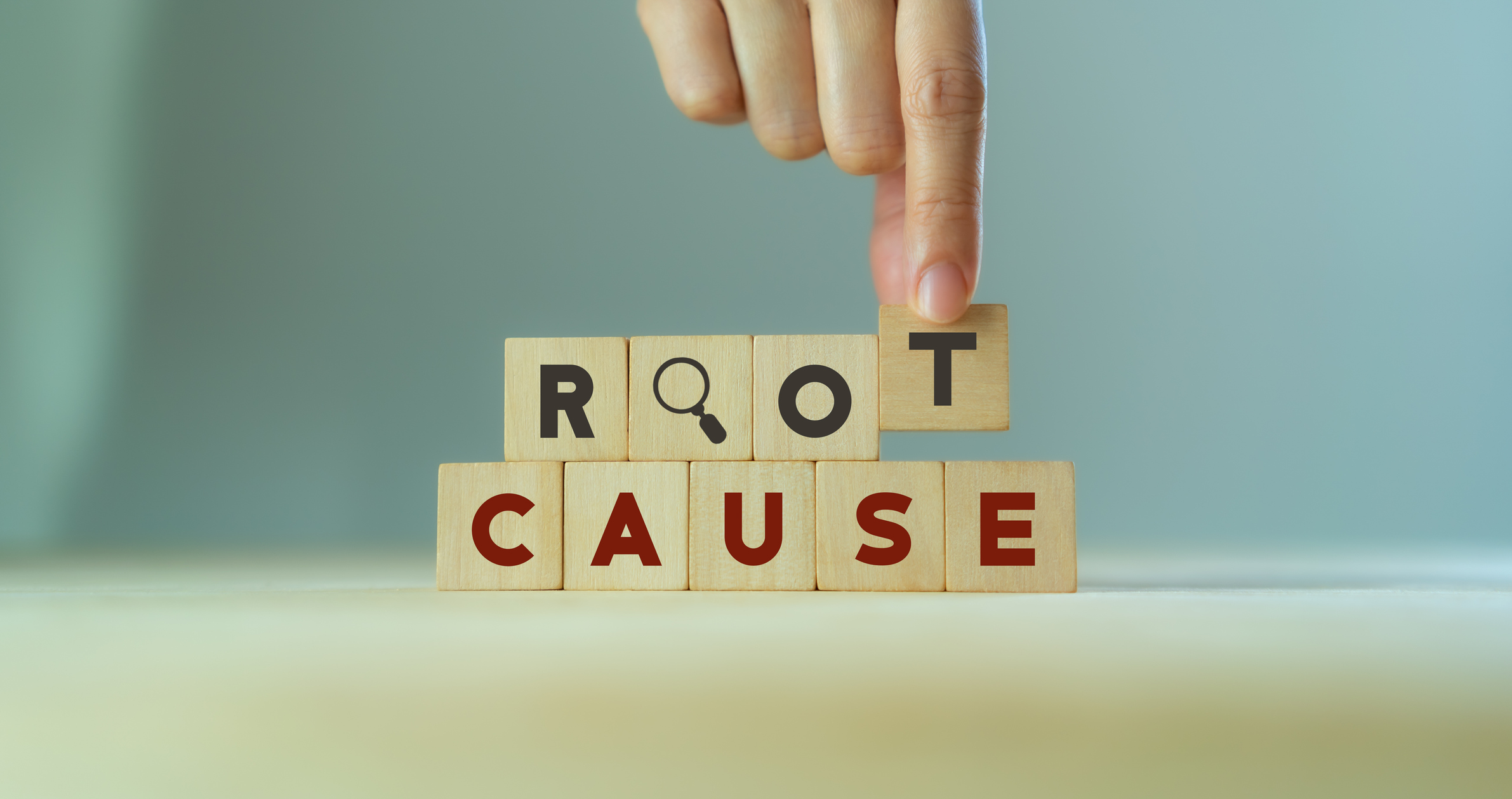Get Easy Health Digest™ in your inbox and don’t miss a thing when you subscribe today. Plus, get the free bonus report, Mother Nature’s Tips, Tricks and Remedies for Cholesterol, Blood Pressure & Blood Sugar as my way of saying welcome to the community!
Don’t let your diagnosis increase your symptoms

Last week, I came to you about a disturbing trend in the medical community: misdiagnosis – also referred to as wrong diagnosis. Unfortunately according to the Improving Diagnosis in Health Care, it’s becoming all too common.
Perhaps the problem would not be so widespread if physicians learned to listen more carefully to their patients, and release their arrogance at knowing it all.
I think it’s also just as important for doctors to stop relying on labels. When it comes to diagnosing an illness, a label can have far-reaching effects on not only the treatment you receive, but also on how you live the rest of your life.
Borrowing from Traditional Chinese Medicine
One suggestion I would like to offer (but which will not be embraced in Western medicine), is to also employ Traditional Chinese Medicine’s (TCM) syndrome imbalance approach to diagnosis.
This approach is much less specific when determining what is wrong. Actually, it is not a diagnostic system of naming an illness or disease, but rather a method of uncovering the larger pattern of imbalance in the body that is responsible for creating an environment wherein the specific pain, illnesses and diseases can take hold and thrive.
With the TCM method, Western medical diagnoses like “migraine headache” or “irritable bowel syndrome” are not used. The specificity in the diagnosis, and narrowness of symptoms needed to be met to match the diagnosis, are seen as less effective in treatment than looking to the reason that the symptom is present in the first place.
There is a saying in TCM: “One disease, many causes; One cause, many diseases.”
The first part of this saying means that one disease (name), like “migraine headache” can have many causes (e.g., diet, sleep, stress, environment). As such, treating all people with “migraines” in the same way (i.e., NSAIDs) would be to miss the real cause. Thus, the specific treatment of the specific medical diagnosis label will be ineffective at “curing” the diagnosis.
The second part of the saying means that one underlying imbalance (root cause) can cause many different diagnoses, and so to treat them differently based on medical name is ineffective. If you rather balance (treat) the underlying condition (cause of the physical manifestation), then no matter what the presentation for “interior damp heat syndrome” (e.g., headache, psoriasis, irritable bowel syndrome) the treatment is the same: reduce heat and dampness in the body.
With this method, the risk of negative side-effect from wrong diagnosis is diminished. However, with the very specific diagnosis by disease name method, if the diagnosis is wrong there is a domino effect all along the wellness chain from original treatment to more tests to more treatment, to “we don’t know what else to do.”
Disassociating with your diagnosis
Actually, the patient has quite a bit of power when it comes to diagnosis and what transpires after it. For one thing, I recommend not associating your condition with the specific diagnosis. Rather than saying “I have arthritis,” you can simply feel that your joint hurts, that there is some discomfort in moving it at times.
This takes the heaviness off the diagnostic name and reframes what is really happening. Sometimes joint pain hurts, and at other times it is just annoying or not there. But to always refer to the diagnosis is to keep the problem front and center and active in consciousness.
What’s more, one must make sure they do not identify with the diagnosis or own it as theirs. So many people define themselves by their diagnosis and their life suffers because of it—mostly in psychological ways.
If you receive a diagnosis of arthritis, and identify with it, you may always experience the pain of it. You may stop engaging in activities you love because you fear the label of arthritis and what it means to you. You may become overweight and depressed by the lack of activity, stress and despair for the diagnosis itself. And if the diagnosis is wrong and all you have is a tight tendon… your identification with the disease devalued your daily life for no valid reason.
A better way
You are not your illness. You do not own your diagnosis. Humans err, and so placing so much belief and association in a medical diagnosis is not recommended. It is recommended that you hear what the doctor says, get multiple opinions and also do some self-discovery and research on the topic at hand to know more. Then, stop identifying the diagnosis every time a symptom of it arises. Instead, step back and disassociate a bit. Rather, see where the symptom is. Feel it, and just identify what you feel in that moment. Taking steps towards relief from there is better than falling victim to a mental image and identification of a disease… especially if wrong diagnosis is at hand.













